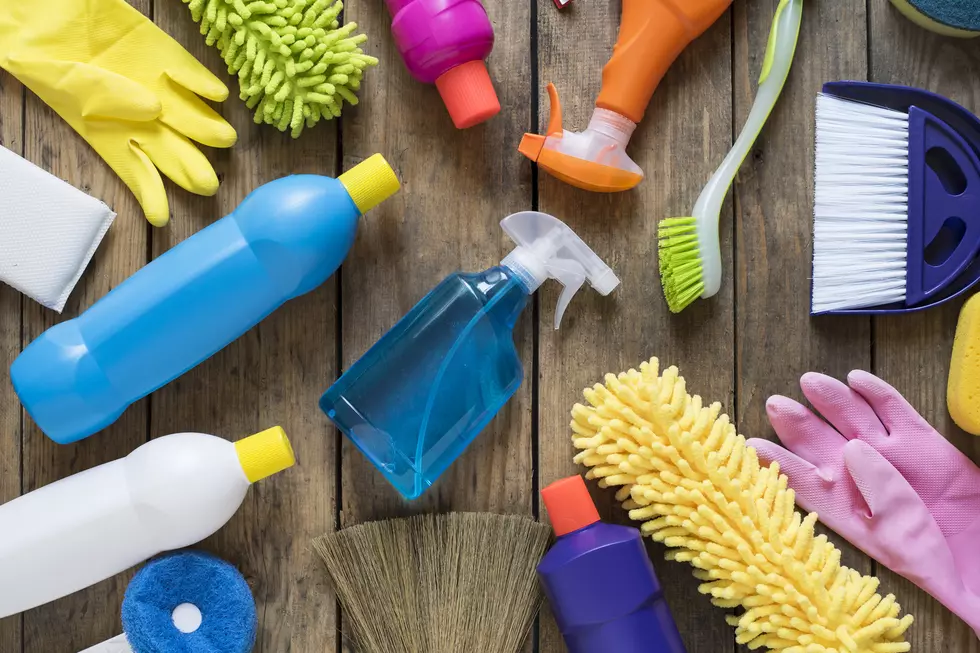
Groups want NJ to pass a bill of rights for nannies, housekeepers
Heidy Cordero would typically watch her employer's children for days at a time. But when her employer contracted COVID-19, six days turned into six weeks.
During that time, Cordero became sick herself, and threatened to call the police if the woman didn't take her kids back soon.

The woman eventually collected her children, but Cordero was never paid for the weeks' worth of work — and she hasn't heard from the woman since.
Cordero's story is just a sample of the exploitation of domestic workers — house cleaners and nannies, for example — revealed Wednesday in the results of a survey of more than 400 of these workers in New Jersey.
In the survey, part of a report released by the Rutgers Center for Women and Work (CWW) in partnership with the National Domestic Workers Alliance (NDWA) and its affiliates, more than half of the workers said they have been a victim of wage theft. Ninety percent said they do not have a written contract, which results in their doing work they didn't initially agree to take on.
Close to a third of workers in the survey said their employer refused to grant unpaid sick time, and just 39% of respondents said they were "able to enforce their rights." More than 40% said health and safety issues on the job are a major concern.
"Unlike other workplaces that are protected with regulations by OSHA (Occupational Safety and Health Administration), private homes are not regulated," Elaine Zundl, CWW research director, said during a Zoom press conference. "Without proper oversight, workers must enforce health and safety standards all by themselves."
The groups involved in the report said the survey findings point to the need for a statewide Domestic Worker Bill of Rights, something already in place in 10 states, including New York, and select municipalities such as Philadelphia.
An ideal bill of rights, the group said, would guarantee minimum wage, overtime pay, paid time-off and other protections. It would also extend health and safety protections to domestic workers, and target high-violation employers.
"It is imperative that domestic workers be treated as essential workers and have the labor rights to protect them from wage theft, discrimination, and workplace injuries," said Virgilio Aran, national organizer with the NDWA. "Our hope is to introduce the New Jersey Domestic Worker Bill of Rights in early 2021 and for it to be passed immediately."
The report notes a steady rise in the number of domestic workers in New Jersey since the year 2016, led mostly by a jump in the number of home health aides.
"The pandemic has made the situation even more dire," Zundl said. "COVID-19 led to sudden unemployment for many domestic workers, while leaving others on the front lines without basic health and safety protections."
Ninety-percent of New Jersey 60,000+ domestic workers are women, the report adds. Sixty percent are non-white, and 52% are immigrants.
The survey revealed that many workers rarely come forward to report violations made by their employers, including wage theft.

More From Townsquare Media News:


